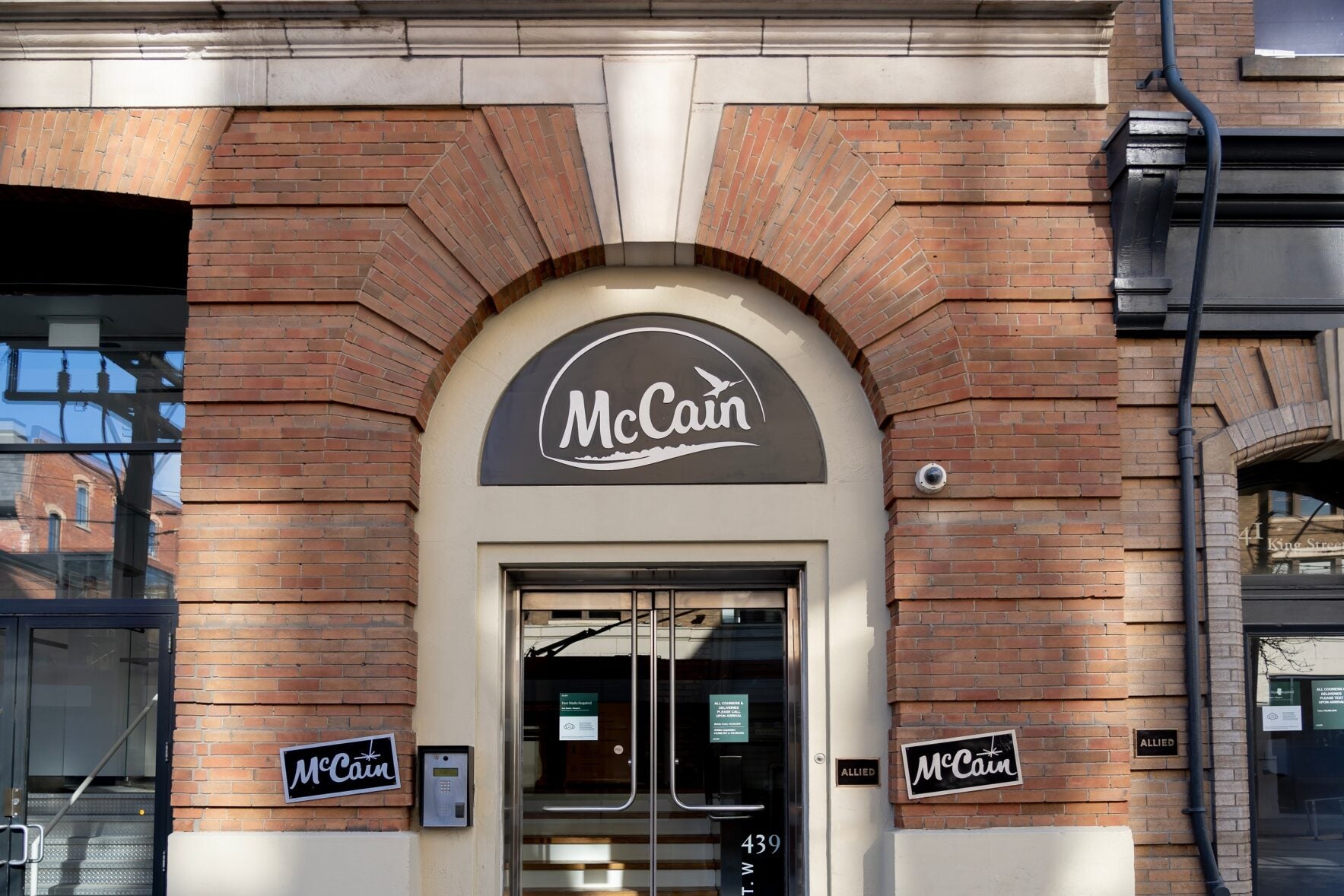
McCain Foods has snapped up a suite of crop-monitoring analysis tools from ag data business Resson.
The potato-products major says the deal will boost farmers’ productivity.

Discover B2B Marketing That Performs
Combine business intelligence and editorial excellence to reach engaged professionals across 36 leading media platforms.
McCain Foods has been working with fellow Canada-based business Resson for the past nine years to develop algorithms that forecast farm yields through remote sensing technology.
The privately-owned food group said buying the assets “will create scale for these technologies” as it works with Resson’s customers to help growers and food processors manage their crop production efficiently.
“The acquisition is pivotal to McCain Foods’ innovation agenda and our ambition to use digital technology to transform agriculture,” Jillian Moffatt, the group’s chief technology officer, Jillian Moffatt, said. “The technology provides productivity enhancement to farmers and food processors by leveraging actionable insights from their field data to make predictive decisions that improve long-term yields and profitability.”
Among McCain Foods other recent investments is vertical-farming business GoodLeaf Farms. The company ploughed more than CAD65m (US$50.5m) into GoodLeaf Farms last year to become the majority shareholder, three years after making an undisclosed strategic investment in the business.

US Tariffs are shifting - will you react or anticipate?
Don’t let policy changes catch you off guard. Stay proactive with real-time data and expert analysis.
By GlobalDataLast year also saw McCain Foods pledge that 100% of its potato acreage – representing 149,733 hectares worldwide – will be grown using regenerative agriculture by 2030.
Other sustainability commitments announced by McCain Foods last year were the opening of three “Farms of the Future” in different growing regions around the world by 2025, reducing carbon emissions from potato farming, storage and freight by 25% by 2030 and reducing carbon emissions from all operations by 50% by 2030.



